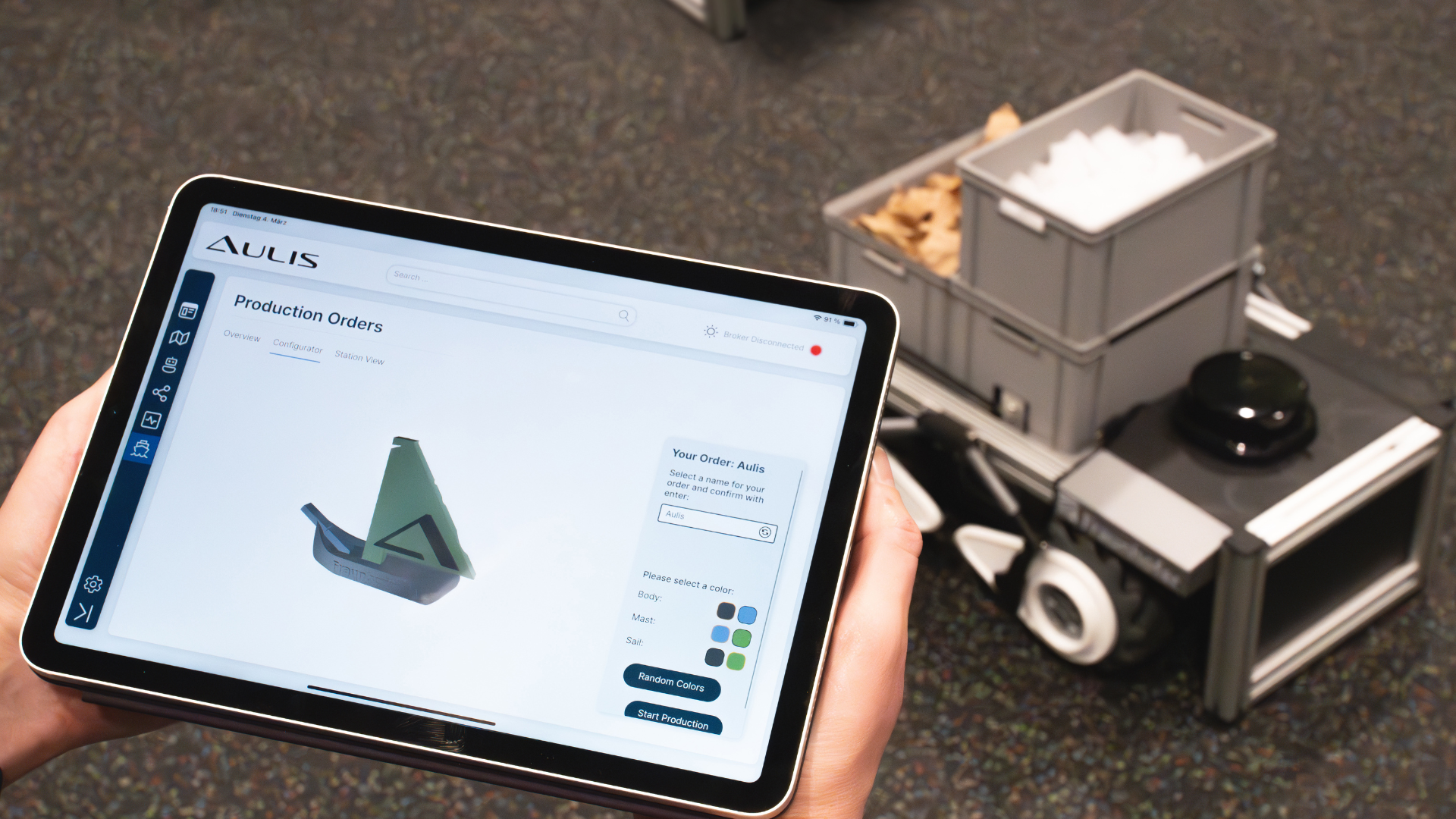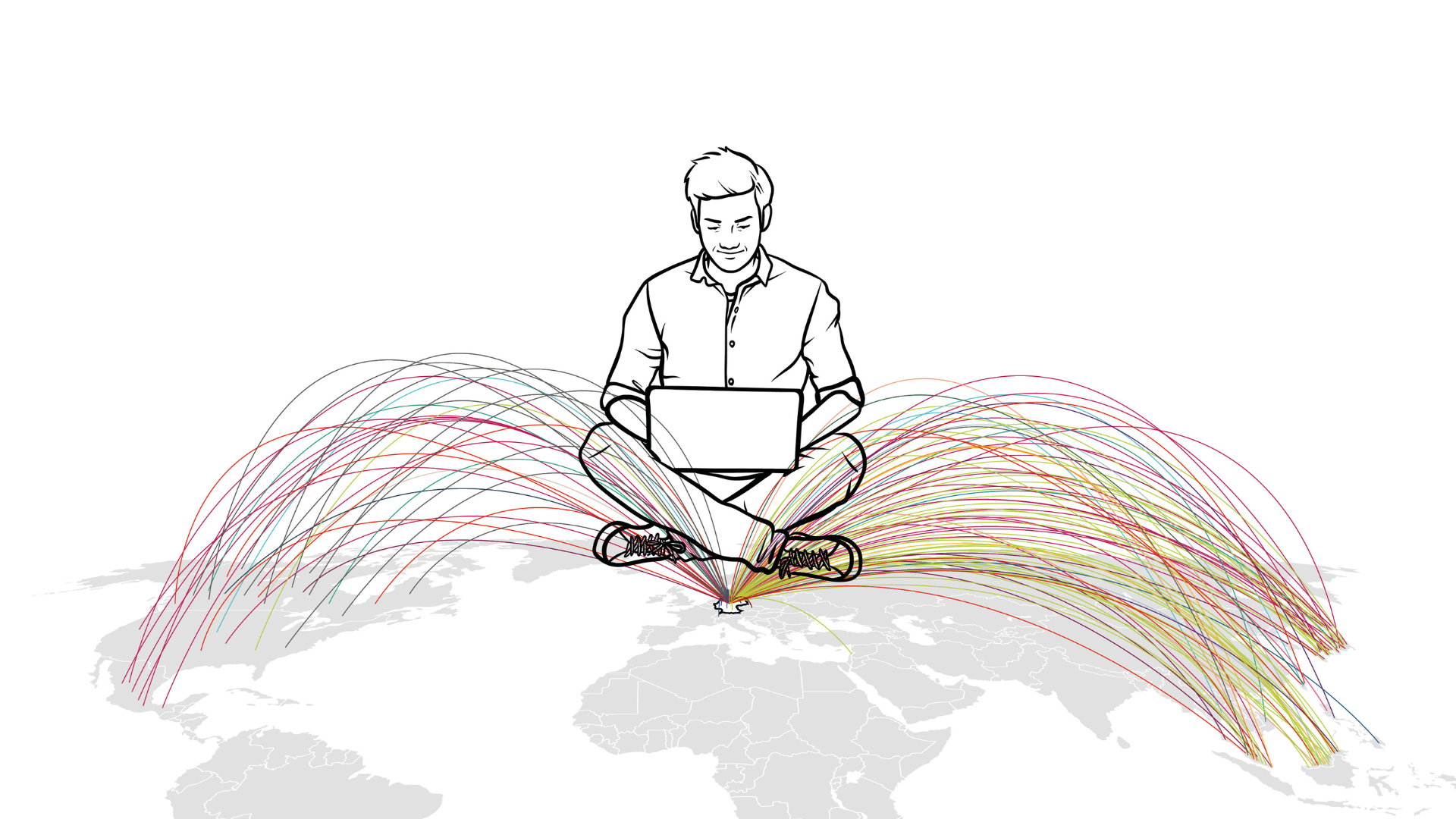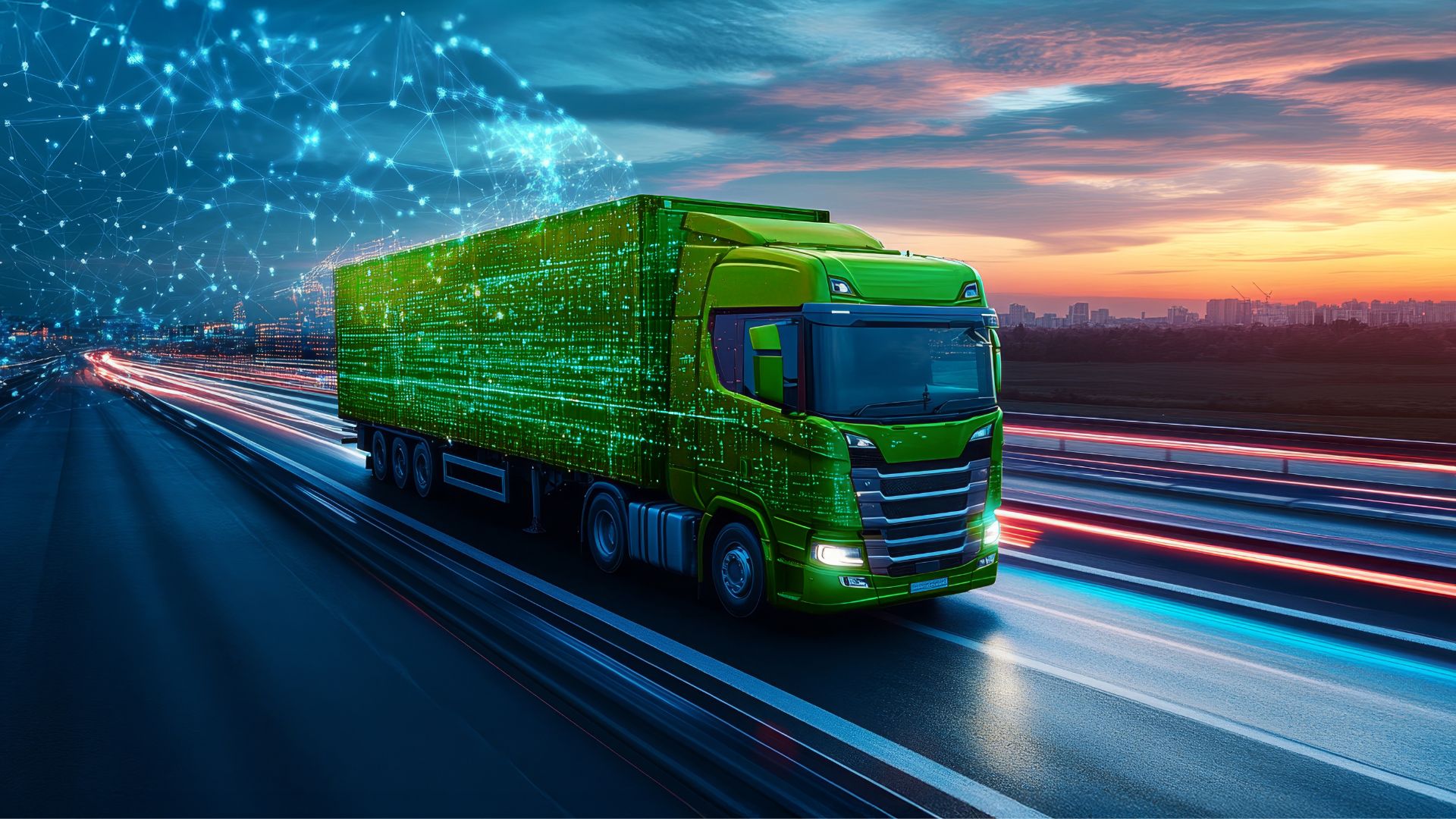Coverstory
Logistics of the Future: More Intelligent. More Resilient. More Sustainable.
For decades, logistics was considered a silent efficiency machine in the background of industrial production – precise, cost-sensitive, reactive. But in the midst of climate change, global crises, geopolitical tensions, digital transformation and regulatory upheaval, it is becoming clear that logistics is no longer just a service provider. It is becoming a systemic shaping force for a networked, sustainable and resilient society.
Logistics of the Future: More Intelligent. More Resilient. More Sustainable.
 Fraunhofer Institute for Material Flow and Logistics IML
Fraunhofer Institute for Material Flow and Logistics IML












